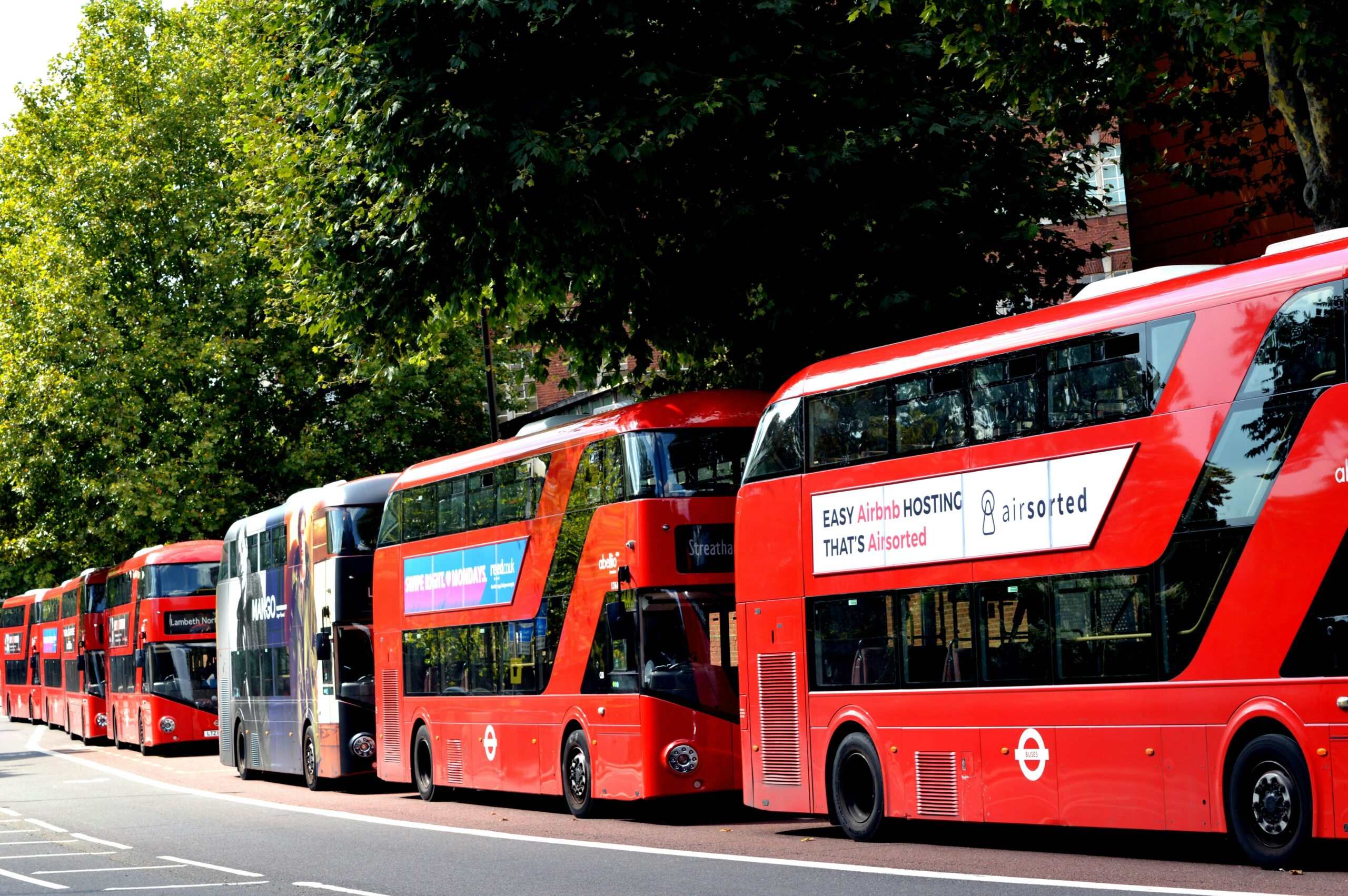A crucial step has been taken to revamp how bus services operate in the UK, with the introduction of the Bus Services Bill to the House of Lords by Lord Hendy of Richmond Hill, Minister of State for Rail.
The bill, if passed into law, will hand local authorities control over routes, timetables, connections, and fares. It will mean local authorities being permitted to establish their own bus companies, as well as local authorities being empowered to work alongside private operators to enhance bus services, if they decide against pursuing full ownership.
Another measure included in the Bus Services Bill is that it will not be possible to remove or change lifeline bus services unless councils review their ability to serve communities – particularly those in rural or deprived areas.
“Local leaders need to be able to make decisions about their buses”
Transport Secretary, Heidi Alexander, said the proposed legislation represented a recognition that “local leaders need to be able to make decisions about their buses.”
She continued: “The introduction of the Bus Services Bill marks the next step on our journey to overhaul how bus services operate, delivering on our commitment to improve living standards across the country.”
CIHT responds positively to safety provisions within the bill
Another eye-catching measure in the Bus Services Bill is the requirement it imposes for bus drivers to undergo training enabling them to more effectively identify and respond to threats of violence against women and girls and anti-social behaviour, on buses as well as at bus stops.
Among those to welcome this element of the Government’s plans was the Chartered Institution of Highways and Transportation (CIHT).
The learned society said that it encouraged bus operators and local authorities to check out the resources provided by the Bus Centre of Excellence, which is operated by CIHT and benefits from Department for Transport (DfT) funding. One such key resource is the Anti-Social Behaviour (ASB) and Violence Against Women and Girls (VAWG) Knowledge Hub.
What else has been said about the Bus Services Bill?
Remarking more broadly on the bill, CIHT stated it “welcomes the fact that the Government has identified public transport as a key lever for raising living standards and is legislating to support improved public transport services.”
However, the charity also emphasised how crucial it was to make sure the advantages of bus franchising reach all areas, including rural localities, in addition to ensuring continuing support for Enhanced Partnership schemes.
Meanwhile, Justin Prince – Director of the Urban Transport Group, the UK’s network of transport authorities – said that the bill would “help ensure the bus plays an active role in supporting and growing our local economies and connecting our communities.”
Enquire today to our leading transport consultants for advice and guidance
Whatever the nature and scope of your transport planning projects may be during 2025, our transport consultants stand ready to assist with an informed and tailored service.
To learn more, please contact your closest Transport Planning Associates (TPA) office.





